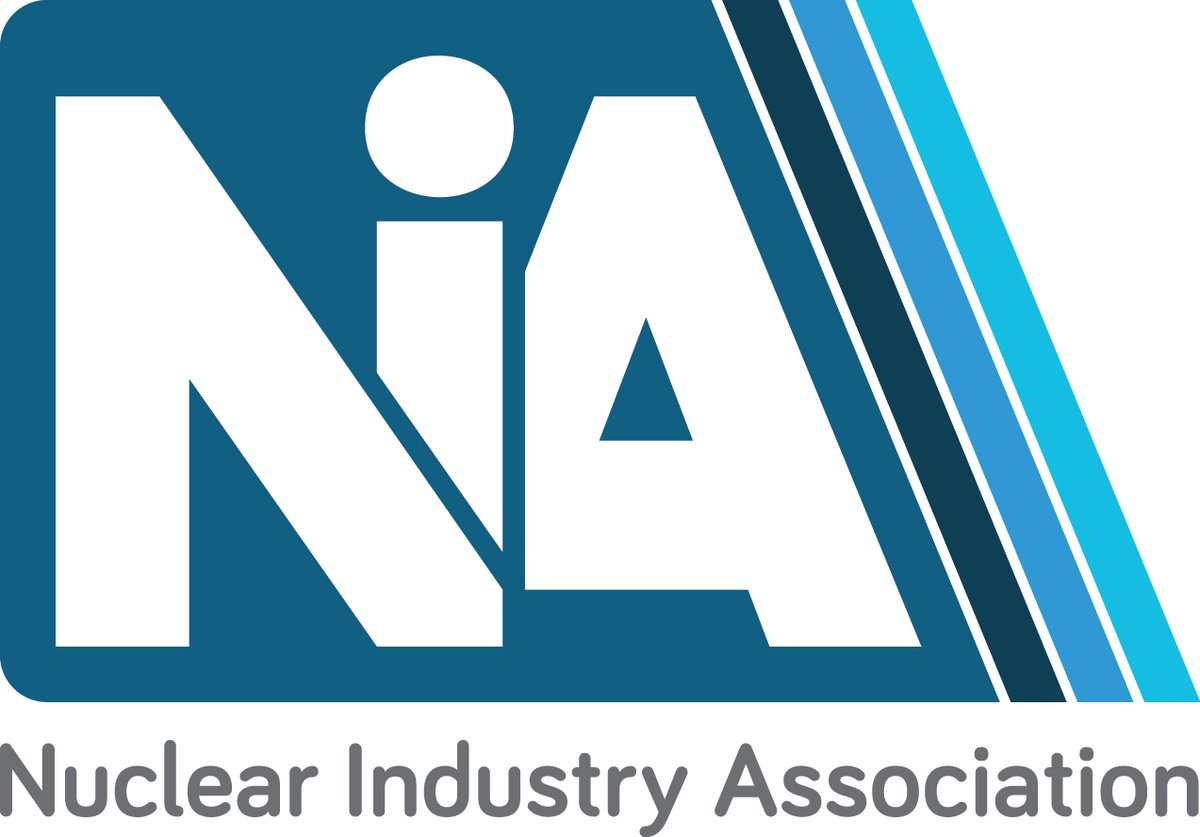Part 3 of 3 Parts (Please read Part 1 and Part 2 first)
The Western nuclear states still retain significant nuclear capabilities and the U.K. Government, and its allies, are now taking steps to weaken the Kremlin’s hold on the market.
Part of this is expected to involve greater sanctions on Rosatom. The U.S. recently unveiled sanctions on a bunch of the company’s foreign subsidiaries. The E.U. is considering sanctions on the company itself with support from Germany. However, these actions will require the kind of boost to domestic production that has not been seen in generations.
U.S. based Westinghouse received sixteen million dollars to revive its uranium conversion facility in Springields, Lancashire, where it already fabricates nuclear fuel assemblies. The site will be ready to go into production by 2028.
Westinghouse has developed a method for making the Russian-style hexagonal fuel assemblies itself and has signed deals to provide them to Czechia and Bulgaria. One nuclear industry analyst says that the new product is named “freedom fuel.” The company is already providing them to Ukraine, another country that uses Russian reactors.
Urenco is the British-German-Dutch nuclear company partly owned by the U.K. Government. It has stated that it will also expand its enrichment capacity, including its site in Capenhurst, Cheshire.
There is also more capacity for uranium conversion in Canada, the U.S. and France. Dolzikova said, “So it's not a technical issue, but rather an issue of political will.”
Another possible new source of nuclear fuel could be recycling. As part of its expansion of Springfields, Westinghouse is developing a reprocessing facility, where uranium from spent nuclear fuel is recycled and used again. It will be the only such recycling facility outside of Russia.
Bruce Hanson is a professor of nuclear process engineering at Leeds University who worked in the nuclear industry for more than 25 years. He says that reprocessing was previously done in the U.IK. but now is seen as too expensive to be economically viable. It is cheaper to simply make new nuclear fuel.
Future efficiency improvements as well as growing demand for uranium from China could change the situation. Reprocessing is also considered to be more sustainable, he argues. Hanson goes on to say, “I think if you were to go out and ask people, ‘Should we be throwing out nuclear [waste] if we can recycle it?’, I'm pretty sure what most of the British public would say – they’d say we should be recycling it.”
Hill says that success in jump-starting nuclear recycling will be a matter of perseverance and giving companies enough certainty to invest. The nuclear business is a long game. Companies will not commit if they think the sanctions on Russia will simply be rolled back in a year or two. Westinghouse previously closed its conversion facility in Springfields in 2014 because there was not enough demand for nuclear fuel from its customers.
This is likely to push the cost of nuclear fuel higher, at least temporarily. Dolzikova warns that China may also see it as an opportunity to gain market share from Russia. This would see the West swapping one dependency for another.
Hill argues that the trouble would certainly be worth it. He said, “The extra costs of switching from Russian to Western fuel will easily be worth the security of supply and energy security benefits, particularly for countries in Eastern Europe. So it’s a challenge, but it’s a very doable challenge. It will just require close cooperation, clear objectives and concrete action.”
